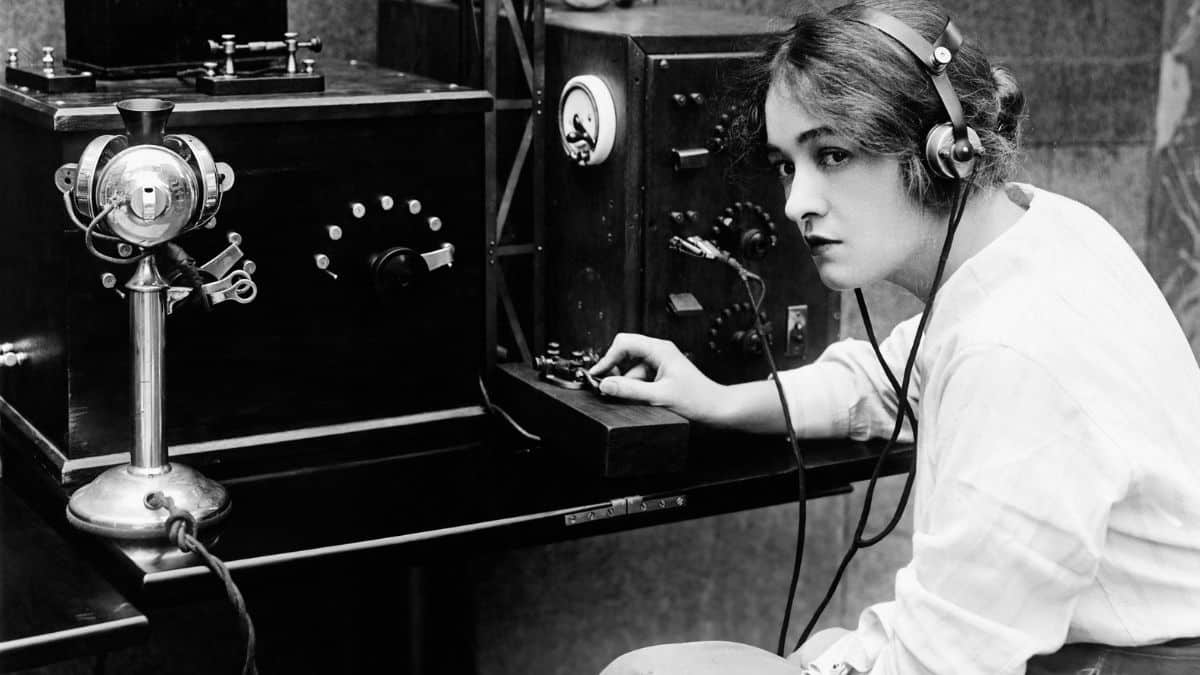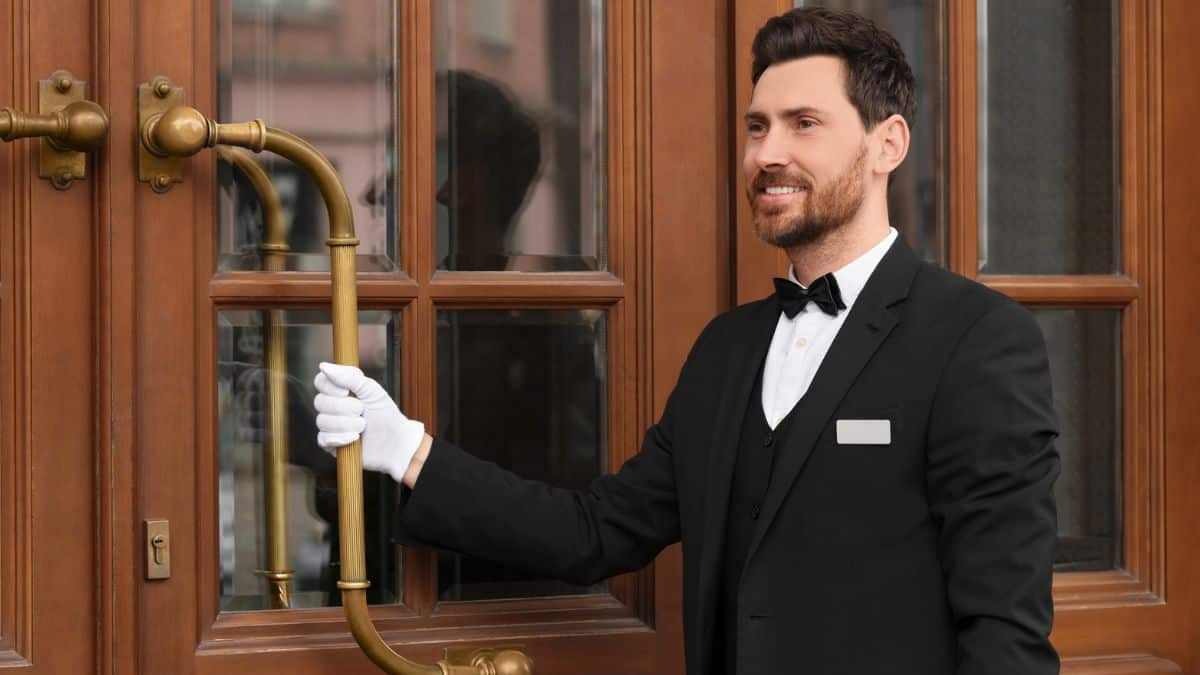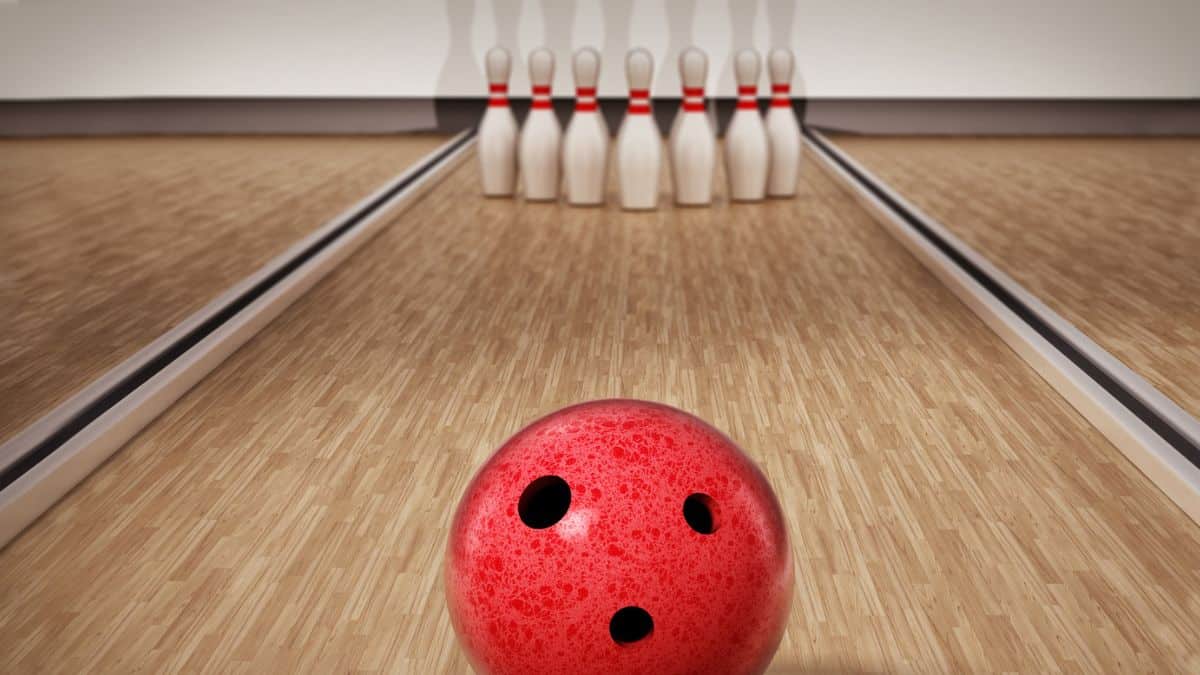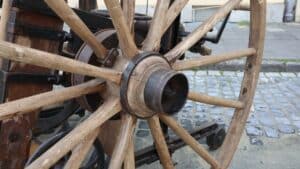Here, we explore 15 jobs that once defined daily life but have now disappeared into the annals of history, offering us invaluable insights into our adaptive journey through time.
1. Ice Cutter

Ice cutters were essential before modern refrigeration techniques. They braved cold climates to see large blocks of ice from frozen lakes and rivers during winter. These blocks were stored in insulated ice houses and used to keep food and other perishables cool throughout the year. This icy profession declined when natural ice became less necessary with the development of mechanical refrigeration in the 20th century.
2. Human Computer

Before computers were machines, they were people—mostly women—who performed complex mathematical calculations manually. These human computers played crucial roles in scientific research, including pivotal contributions to space exploration at organizations like NASA. Human computers became outdated as electronic computers advanced due to their faster and more accurate calculation capabilities.
3. Lamplighter

Each evening, lamplighters walked the streets, lighting gas lamps with poles before dusk and extinguishing them at dawn. This job disappeared with the widespread adoption of electric street lighting, which provided a more reliable and less labor-intensive source of nighttime illumination.
4. Telegraphist

In the late 19th and early 20th centuries, telegraph cables were the main means of long-distance communication. Telegraphists utilized Morse code to send and receive messages. The introduction of the telephone made their skills less necessary. Later, digital communication technologies like email and instant messaging rendered the telegraphist’s role completely redundant.
5. Elevator Operator

Elevator operators manually controlled the movements of old-fashioned elevators, ensuring passengers safely reached their desired floors. As technology progressed, automated elevators equipped with push-button controls eliminated the need for operators. This has made the profession largely ceremonial in modern times.
6. Pinsetter

In bowling alleys, pinsetters manually reset bowling pins to their correct position after each player’s turn. The invention of automatic pin-setting machines in the 1950s allowed for quicker game setups and eliminated the need for human pinsetters.
7. Daguerreotypist

The earliest professional photographers were daguerreotypists, who mastered the daguerreotype process to produce the earliest kinds of photos. This job became obsolete as newer photographic technologies that produced quicker and clearer images were developed, such as the film camera.
8. Switchboard Operator

Switchboard operators played a vital role in early telecommunications, manually connecting calls by plugging in lines on a switchboard. With the advent of digital telecommunications and automated switching, the manual labor of switchboard operators was no longer needed.
9. Toad Doctor

In medieval Europe, toad doctors used toads in various remedies, believing they could cure everything from fevers to inflammations. As modern medicine advanced, the use of toads was debunked as ineffective and superstitious, leading to the profession’s extinction.
10. Town Crier

Town criers were vital in medieval towns for spreading news, proclamations, and local bylaws in an era when many people couldn’t read. The rise of the printing press and increased literacy rates turned this oral tradition into a ceremonial role, largely for historical reenactment.
11. Wheelwright

Craftsmen with the ability to create wooden wheels for wagons and carts were known as wheelwrights. The Industrial Revolution brought about vehicles that required metal and rubber tires, leading to the decline of this traditional craft.
12. Leech Collector

Leech collectors were once common, gathering leeches for use in bloodletting, a medical practice believed to cure or prevent illnesses. Modern medical practices have largely discontinued the use of leeches, except in very specialized medical treatments, rendering the profession obsolete.
13. Knocker Upper

In industrial Britain, knocker uppers helped wake workers before dawn by tapping on their windows. The widespread adoption of cheap, reliable alarm clocks made this early-morning wake-up service unnecessary.
14. Hush Shopkeeper

During the U.S. Prohibition (1920-1933), hush shopkeepers discreetly sold alcohol in hidden establishments known as speakeasies. When Prohibition ended, alcohol sales were legalized, and the secretive nature of the hush shopkeeper’s job was no longer required, leading to its disappearance.
15. Bematist

In ancient times, bematists were specialists who measured land by counting steps as they walked the terrain. The development of more accurate surveying tools and techniques, such as theodolites and GPS technology, made the bematist’s manual methods outdated and inefficient.Many once-vital professions are now obsolete, leaving behind intriguing tales of the past.
Imagine lamplighters roaming the streets at dusk or switchboard operators connecting calls. These roles have disappeared, overshadowed by technological advancements. The careers that shaped our ancestors’ lives are now mere memories, and with their disappearance, a piece of our heritage fades away.
source https://eyecatchingconfidence.com/15-once-popular-jobs-you-shouldnt-and-cant-apply-for-anymore/

No comments:
Post a Comment